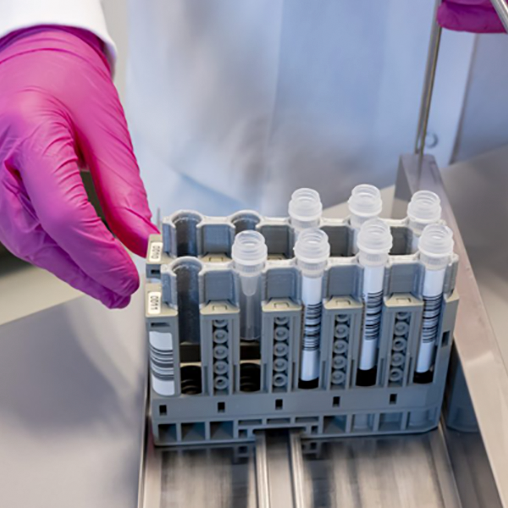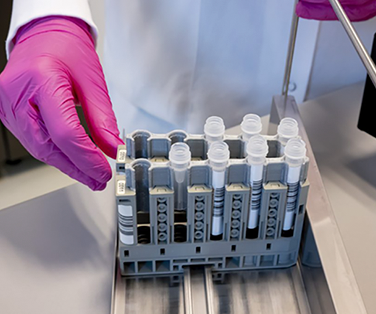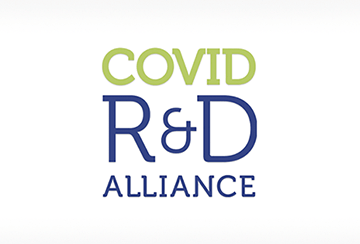The antibody response that follows infection with SARS-CoV-2 does not decline quickly but persists for at least four months according to a study from deCODE Genetics, a subsidiary of Amgen, published in the New England Journal of Medicine on September 1, 2020.
The study was based on results from two sensitive assays to measure the presence and persistence of IgG antibodies to SARS-CoV-2 in the blood of Icelanders who had recovered from infections. In 1,215 individuals with confirmed infections, 91.1% tested positive for antibodies. The titer, or level, of antibodies in the blood increased over the first two months after testing positive for the virus and remained at a plateau over the remaining two months of the study.
Several earlier and smaller studies had suggested that anti-coronavirus antibodies could start declining a few weeks to two months after a coronavirus infection, raising the concern that antibody-driven immunity might be short-lived. “We are pleased to be able to put to rest the concern that the titer of the antiviral antibodies may decline within weeks of infection,” said Kari Stefansson, CEO of deCODE Genetics and senior author on the paper. “We are now focused on studying cell mediated immunity in those who do not raise antibodies.”
New insights into the prevalence of the virus
In addition to assessing the durability of the antibody response in people with known coronavirus infections, the study also looked for antibodies in Icelanders who had not been tested for the virus or had tested negative. The results showed that antibodies were present in 2.3% of 4,222 people quarantined due to exposure to the virus. In 23,452 Icelanders with no known coronavirus exposure, 0.3% had anti-SARS-CoV-2 antibodies.
Overall, the study estimated that 0.9% of the Icelandic population have been infected with the virus, and that 44% of those infected had not been diagnosed.
There have been 10 deaths from COVID-19 in Iceland, for an estimated infection fatality rate of 0.3%.
DeCODE played a key role in Iceland’s response to the COVID-19 pandemic by using its labs to test tens of thousands of Icelanders for the virus and sequencing nearly all of the viral samples detected in the country to understand how SARS-CoV-2 was spreading and changing. Aggressive testing by deCODE and Iceland’s public health system, combined with contact tracing and quarantines where needed, helped to largely eliminate the initial wave of infections in the country. There has been a slight resurgence in cases in July and August, but as of August 28 there are no patients hospitalized with COVID-19 in Iceland.
However, the low number of Icelanders already exposed to SARS-CoV-2 means that a larger second wave of infections is still possible if the methods used to control the first wave are not maintained. “It is clear that 99.1% of Icelanders are still vulnerable to SARS-CoV-2,” said Stefansson.





